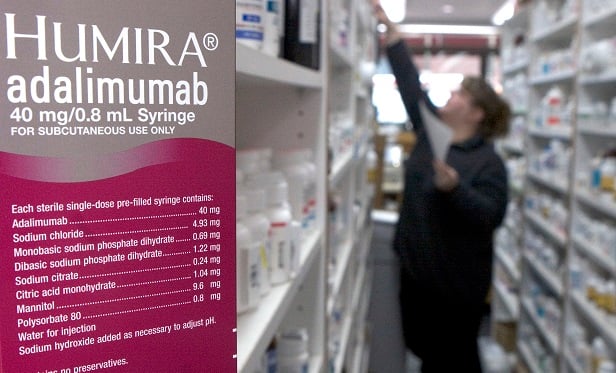
Tennessee last year spent $48 million on a single drug, Humira — about $62,000 for each of the 775 patients who were covered by its employee health insurance program and receiving the treatment. So when nine Humira knockoffs, known as biosimilars, hit the market for as little as $995 a month, the opportunity for savings appeared ample and immediate.
But it isn't here yet. Makers of biosimilars must still work within a health care system in which basic economics rarely seems to hold sway.
Recommended For You
Complete your profile to continue reading and get FREE access to BenefitsPRO, part of your ALM digital membership.
Your access to unlimited BenefitsPRO content isn’t changing.
Once you are an ALM digital member, you’ll receive:
- Breaking benefits news and analysis, on-site and via our newsletters and custom alerts
- Educational webcasts, white papers, and ebooks from industry thought leaders
- Critical converage of the property casualty insurance and financial advisory markets on our other ALM sites, PropertyCasualty360 and ThinkAdvisor
Already have an account? Sign In Now
© 2025 ALM Global, LLC, All Rights Reserved. Request academic re-use from www.copyright.com. All other uses, submit a request to [email protected]. For more information visit Asset & Logo Licensing.








